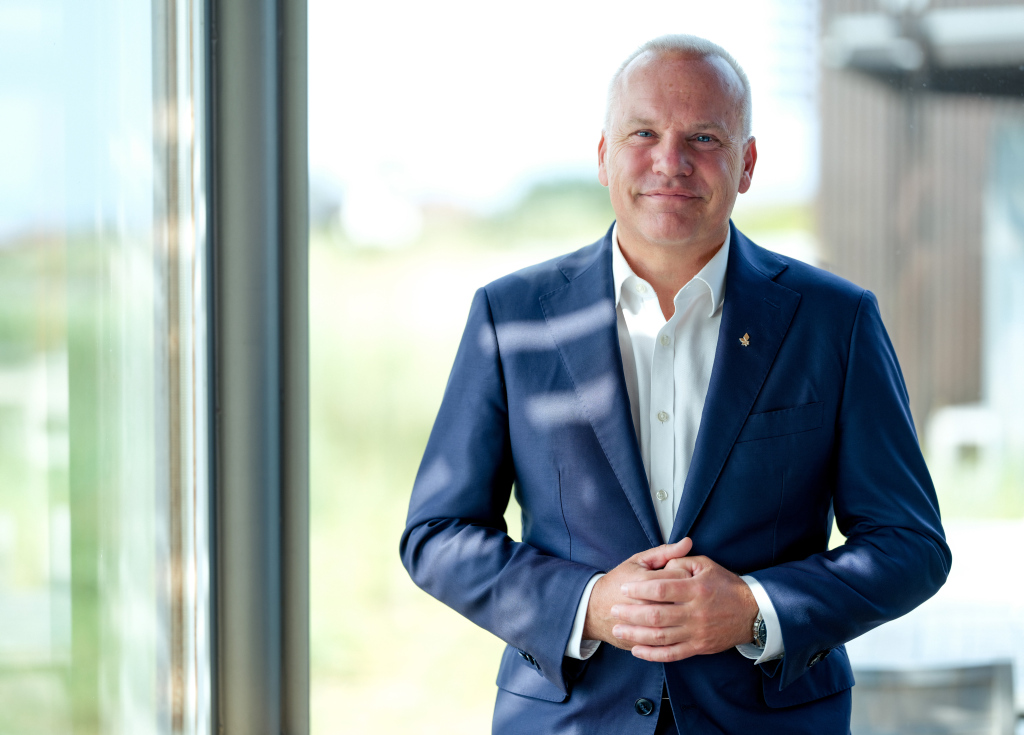General – Equinor
Norwegian energy giant Equinor is halving investment in renewable energy over the next two years while increasing oil and gas production.

Chief executive Anders Opedal told the BBC that the transition to lower carbon energy was moving slower than expected, costs had increased, and customers were reluctant to commit to long term contracts.
Opedal was confident that Rosebank – a giant new oil field in the North Sea – would go ahead, despite a recent court ruling that consent had been awarded unlawfully.
He also warned that gas prices could rise next winter as European gas storage levels were lower now than this time last year.
“We are scaling down our investments in renewables and low carbon solutions because we don’t see the necessary profitability in the future,” Opedal said.
It will cut investments in renewables to $5bn over the next two years, down from about $10bn.
It will also drop a target to spend half of its fixed assets budget on renewables and low carbon products by 2030.
By contrast, Equinor will be increasing oil and gas production by 10% over the next two years.
The controversial Rosebank oil field is thought to hold 500 million barrels of oil.
Equinor follows other energy companies in reducing investment in renewables. Shell and BP have both scaled back their plans.
Opedal appeared to welcome Donald Trump’s invitation to the industry to ‘drill, baby, drill’ but said energy prices, not the US president, would dictate future exploration and production.
“When I hear ‘drill, baby, drill’, I see that as a positive sentiment to the oil and gas business but I think companies will always decide on drilling programs based on price signals,” said Opedal. “If prices go down, less wells will be drilled, if it goes up, more will be drilled.”
When asked how this was compatible with his target to make Equinor net zero by 2050, he conceded that drilling more now would make it harder in later years.
Opedal also warned that low levels of gas storage in Europe as it exits this winter could mean higher prices next year.
